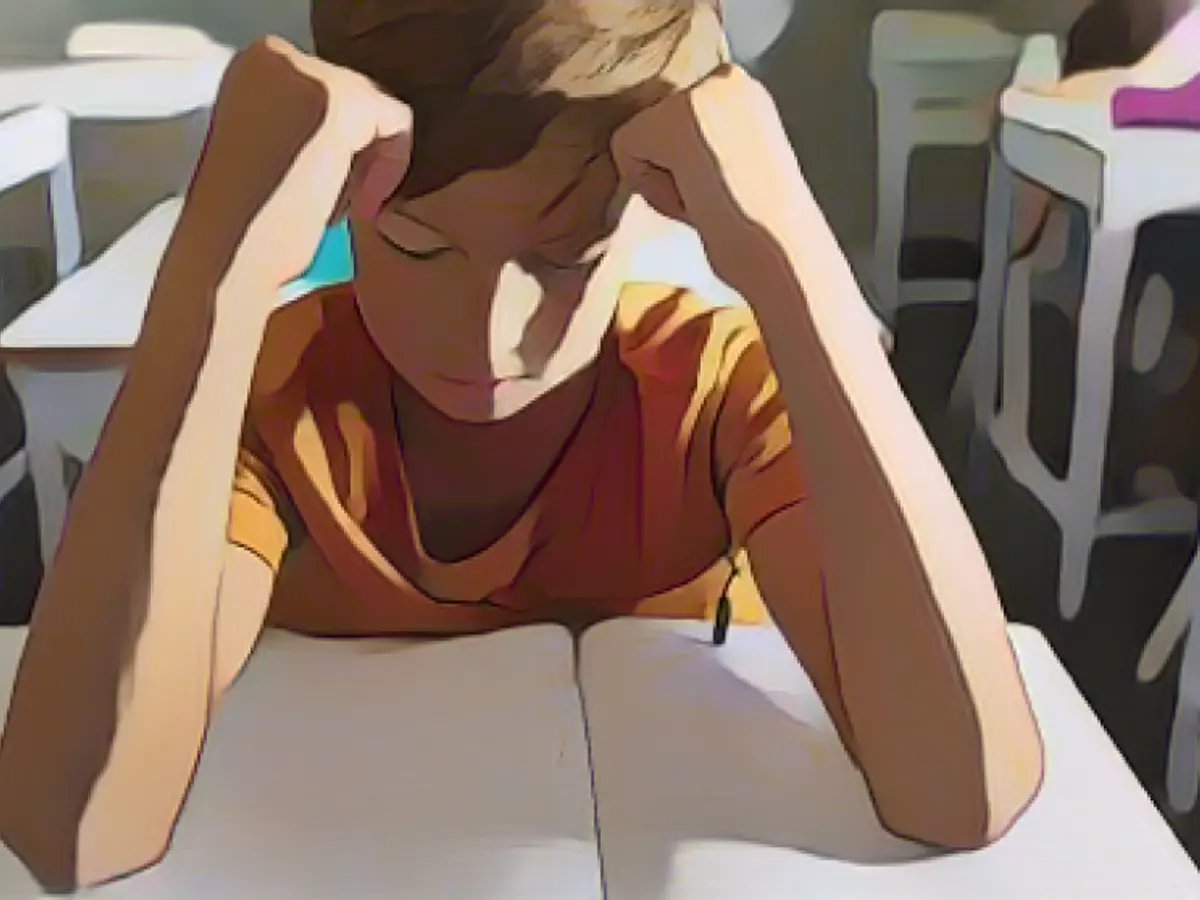Germany's kids are struggling in the literacy department even before they set foot in kindergarten, according to research.
This lack of readiness is no secret. 78% of primary school principals admitted that less than a quarter of their first-graders possess the basic skills required for reading, as revealed in this year's International Primary School Reading Survey (Iglu). Parental assessments echo this grim outlook, with only 9% rating their children's reading abilities as "very good."
This alarming trend places Germany at the bottom of the heap among EU countries, indicating a pressing need for change in the country's educational approach. Nele McElvany, who heads the Iglu study and serves as the managing director of the Institute for Educational Quality and Civic Engagement (IFS), understands the gravity of the situation.
"There's clearly a need for more focus on preparing children for school in Germany," McElvany said. "The high proportion of children without good reading skills when they begin first grade underscores the importance of addressing this issue."
Parents and teachers both have a role in boosting literacy skills. Parental activities like reading aloud, telling stories, and singing songs can make a substantial difference in a child's reading abilities for the long term. Schools should also prioritize initiatives aimed at improving students' language acquisition, particularly during the critical pre-school years.
Improving early literacy ventures can involve various evidence-based practices and strategies. For example, incorporating digital game-based learning tools, engaging parents in everyday activities that target literacy skills, and blending STEM concepts into a child's life can prime them for a successful educational journey.
By combining research-driven interventions with active parental support, Germany can create a solid foundation for literacy development before children start school. This comprehensive approach aims to support children in overcoming learning challenges and unlocking their full potential.








